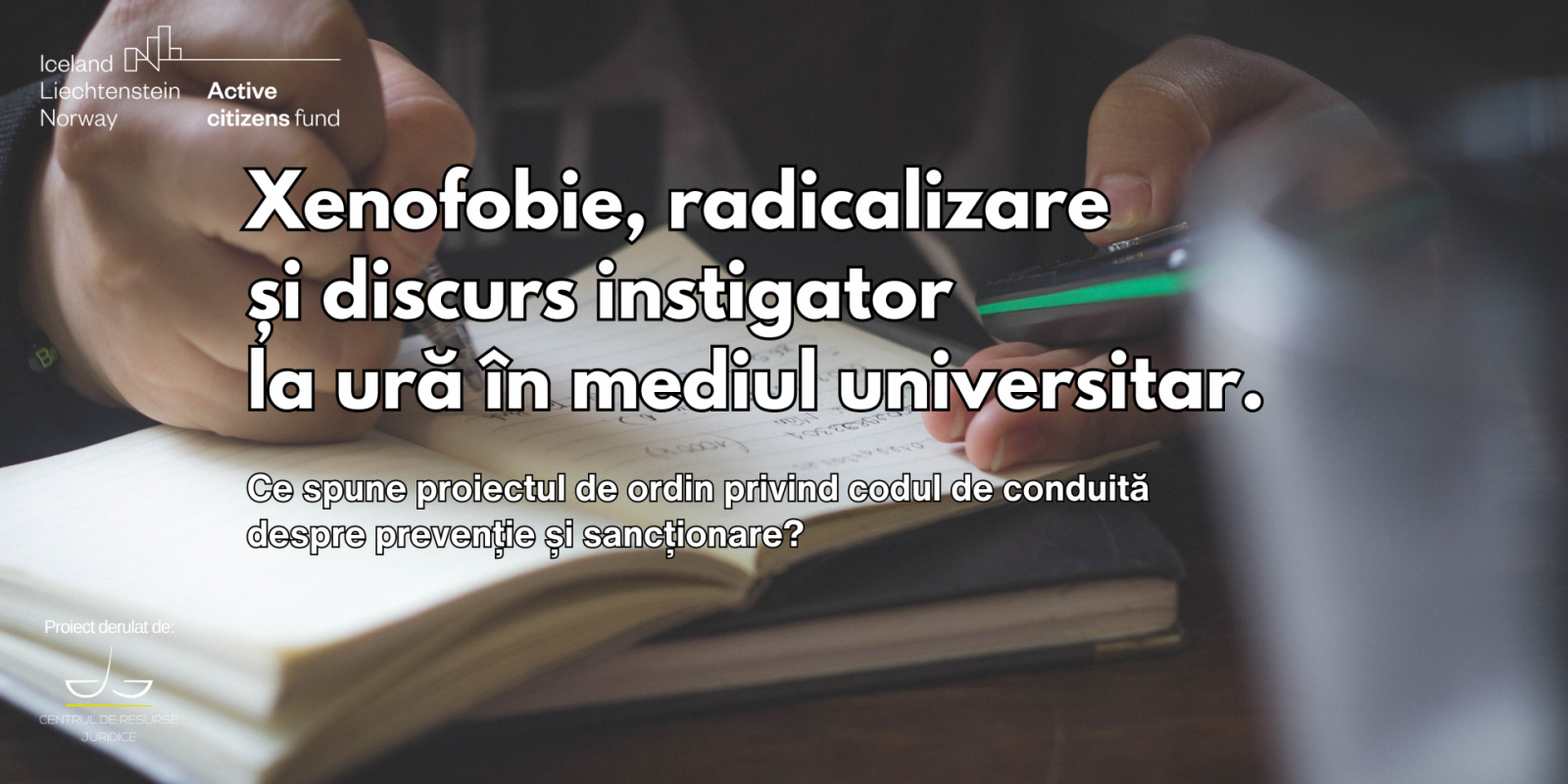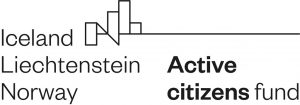On 23 January 2024, the Ministry of Education launched a public consultation on the draft order approving the Code of Conduct for the Prevention and Sanctioning of Xenophobia, Radicalisation and Hate Speech[1]. The initiative is based on the provisions of the National Strategy for Preventing and Combating Antisemitism, Xenophobia, Radicalisation and Hate Speech for the period 2021-2023[2].
However, the analysis of the draft reveals an extremely superficial and succinct approach to the proposed aim, with the following shortcomings:
- Lack of clear definitions for the terms used in the code of conduct;
- Inconsistency in terminology, reflected by the use of different synonyms for the acts prohibited by the code (e.g. the purpose of the code is to prevent and punish xenophobia, radicalisation and hate speech, but other articles of the code also sporadically mention acts associated with antisemitism, chauvinism or irredentism);
- Lack of explicit sanctions for acts prohibited by the Code;
- Lack of regulation of simple duties of diligence on higher education institutions (i.e. the Code states that institutions must encourage or do everything in their power to achieve a goal, without obliging them to actually achieve the goal);
- General lack of clarity of the order – the acts prohibited by the new regulation are vaguely, ambiguously stated. It is also unclear who the recipients of the proposed regulations are, as the order uses the phrase members of the academic community.
In view of the above, the Centre for Legal Resources (CLR) has formulated and submitted to the Ministry of Education a set of proposals and recommendations so that the final form of the code of conduct can be a truly useful and effective approach. Thus, the main proposals of the CLR concern:
- Defining the terms repeatedly used in the code of conduct,
- Regulating specific sanctions for breaches of the provisions of the code of conduct,
- Indicating concrete measures to be taken by higher education institutions to prevent and combat antisemitism, xenophobia, radicalisation and hate speech,
- Establishing the obligation for higher education institutions to organise regular training and education events for teaching staff in general and Ethics Committee members in particular on the facts associated with xenophobia, antisemitism, radicalisation and hate speech. We believe that the members of the Ethics Committee can only provide relevant solutions to the reports received from the academic community if they are aware of the ways in which xenophobia, antisemitism, radicalisation and hate speech manifest themselves, their causes and effects, and the mechanisms for prevention.
We would point out that, in the absence of a change to the text submitted for public consultation, the adoption of the code of conduct in its current form will not result in the “prevention and sanctioning” of ideas and behaviour associated with antisemitism, xenophobia, radicalisation and hate speech in the university environment.
[1] www.edu.ro/cons_pub_09_2024_proiect_ordin_cod_conduita [2] Strategy available in Romanian at: https://sgg.gov.ro/1/wp-content/uploads/2021/05/ANEXA-1-4.pdf


